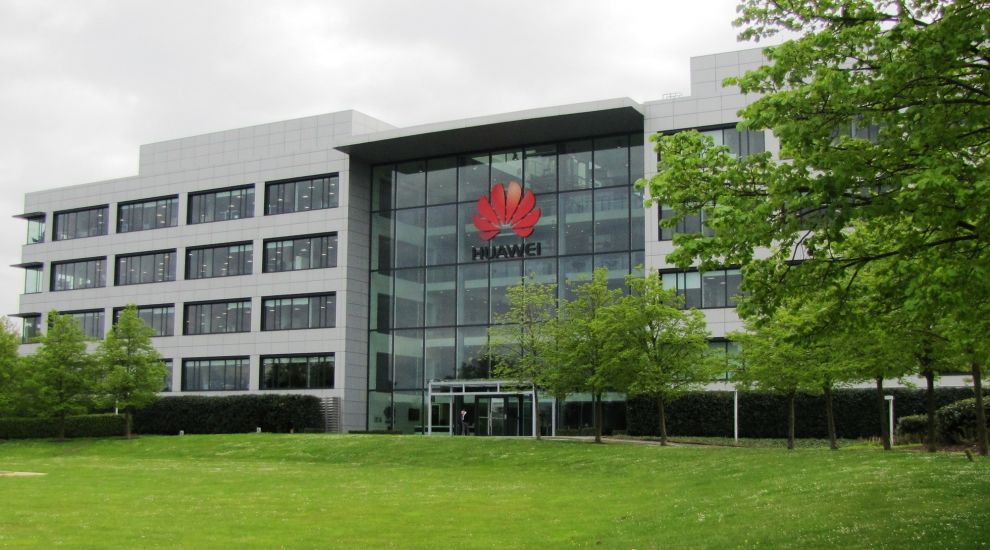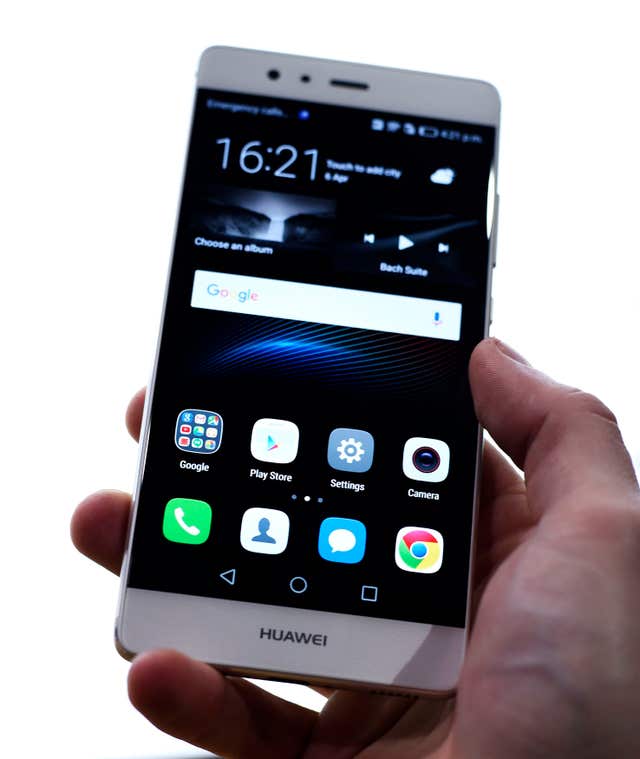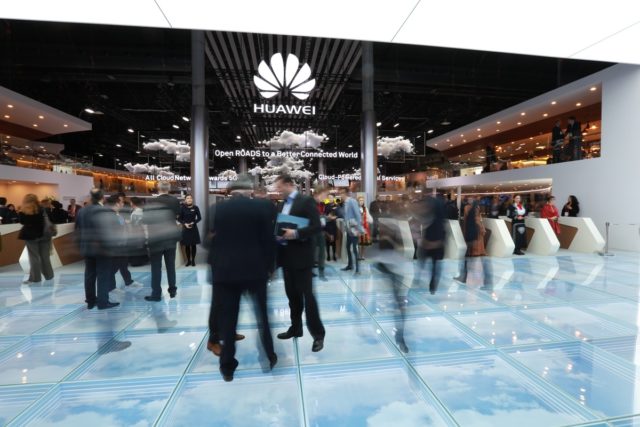
A Government investigation into the use of Huawei’s equipment across UK telecommunication networks has exposed “new risks”.
The Huawei Cyber Security Evaluation Centre (HCSEC) Oversight Board published a report saying there are “shortcomings” in the Chinese firm’s engineering processes, meaning it could only provide “limited assurance” over the risk to UK national security.
“Huawei’s processes continue to fall short of industry good practice and make it difficult to provide long-term assurance,” the board said.
It added that a lack of progress fixing the issues was “disappointing” and would require “significant work”.

The board – made up of UK security officials – also found “security-critical third party software used in a variety of products was not subject to sufficient control”, following a technical visit to Huawei’s site in Shenzhen last year.
Huawei said: “The Oversight Board has identified some areas for improvement in our engineering processes.
“We are grateful for this feedback and committed to addressing these issues.
“Cyber security remains Huawei’s top priority, and we will continue to actively improve our engineering processes and risk management systems.”

The report is the fourth of its kind. The board was set up in 2010 in response to the Chinese firm’s increased collaboration with British-based telecom giants including BT, O2 and TalkTalk.
Huawei, the world’s biggest telecoms equipment supplier, signed a £10 billion deal with BT in 2005 to help upgrade its network.
In 2013, Parliament’s intelligence and security committee criticised the Government for not investigating the use of Huawei’s equipment and said it was “shocked” that ministers had not been informed about the company’s involvement with BT eight years ago.

Huawei has also faced scrutiny in the US, where a deal between the country’s AT&T operator to sell Huawei’s smartphones was called off in January.
Six senior intelligence chiefs, including the heads of the CIA, FBI, NSA and national intelligence, recently warned against using smartphones made by Huawei and its Chinese rival ZTE.
“We’re deeply concerned about the risks of allowing any company or entity that is beholden to foreign governments that don’t share our values to gain positions of power inside our telecommunications networks,” FBI director Chris Wray said in February.
Huawei responded, saying it is “trusted by governments and customers in 170 countries worldwide and poses no greater cybersecurity risk than any ICT vendor”.